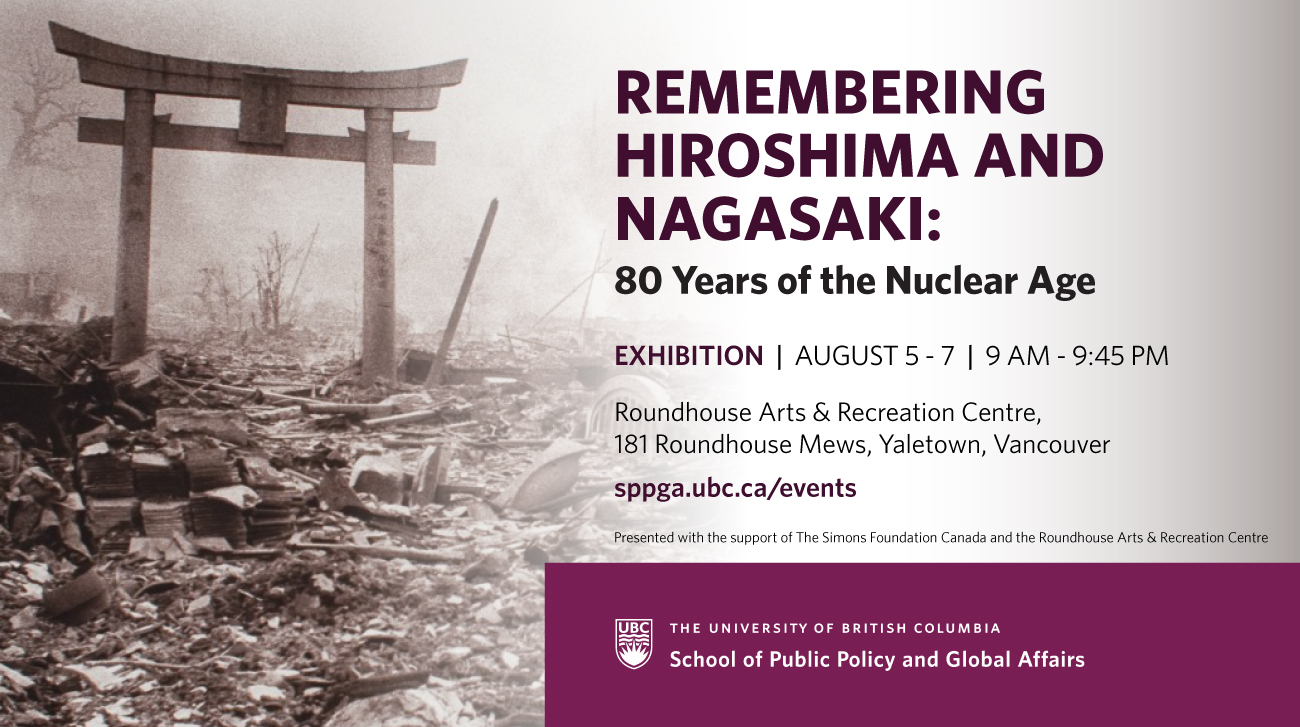By: Dr. Yong Wang (Peking University, UBC)
Event Abstract:
Since 2013, China’s Belt and Road Initiative (BRI) has attracted much attention, but has also caused different explanations. This presentation will try to answer key questions about the Initiative such as: How do we define the nature of the BRI? What factors drove the formulation of this policy? What implications will it have on China’s foreign relations (particularly the US-China relations), and the geo-political economy of the 21st century?
This talk will argue that the BRI is driven by the growing pressures of dealing with the Chinese economy that is slowing down, as well as the deterioration of the relations between China and its neighboring countries, rather than pursuing grand strategy interests. However, once the BRI was implemented, it has created an influence of grand strategy, a reshaping of governance structure and international and regional order, and began influencing the direction of China-US strategic rivalry. This suggests that the BRI, by nature, is generally an open platform of international cooperation, and has the great potential to enhance the prospects of peace and prosperity in the Eurasian continent and other regions involved.
Speaker Bio:
Yong WANG is a Professor at the School of International Studies, and the Director of the Center for International Political Economy, Peking University. He is also a Professor at the Party School of Ministry of Foreign Affairs of China, Appointed Lecturer for the HKSAR Senior Civil Servants Training Program on Chinese Affairs at Peking University, and a former consultant of the Asia Development Bank (ADB). He received his B.A., M.A., and PhD from Peking University.
His major authored books include International Political Economy in China: A Global Conversation(co-edited with Greg Chin and Margaret Pearson, Routledge, 2015) , the Political Economy of International Trade (China Market Press, 2008); the Political Economy of China-U.S. Trade Relations (China Market Press, 2007), amongst others.
He has published numerous papers and book chapters in Chinese, English, Japanese, Korean and Spanish, on the topics of Chinese political economy, foreign policy, China-US relations, regional cooperation, international political economy, World Trade Organization (WTO) and global governance.
Now he serves as Visiting Chevalier Chair Professor at the Institute of Asian Research (IAR), University of British Columbia(UBC), beginning in September 2015.

